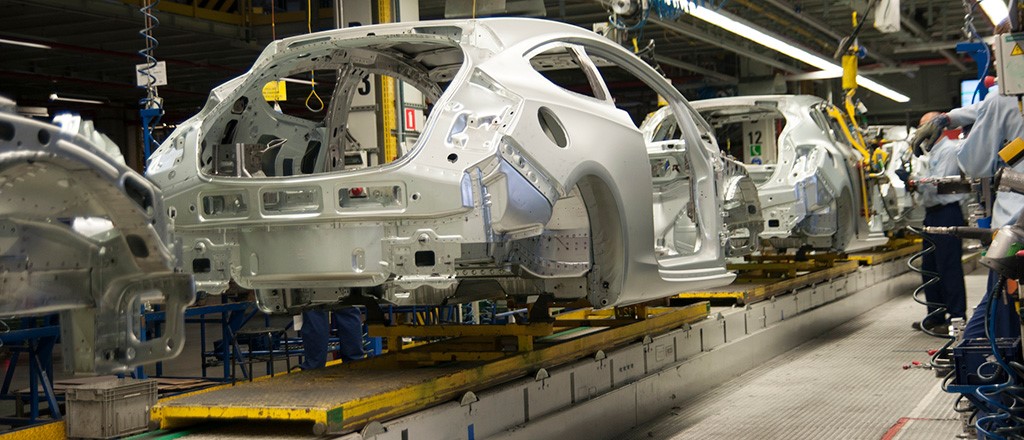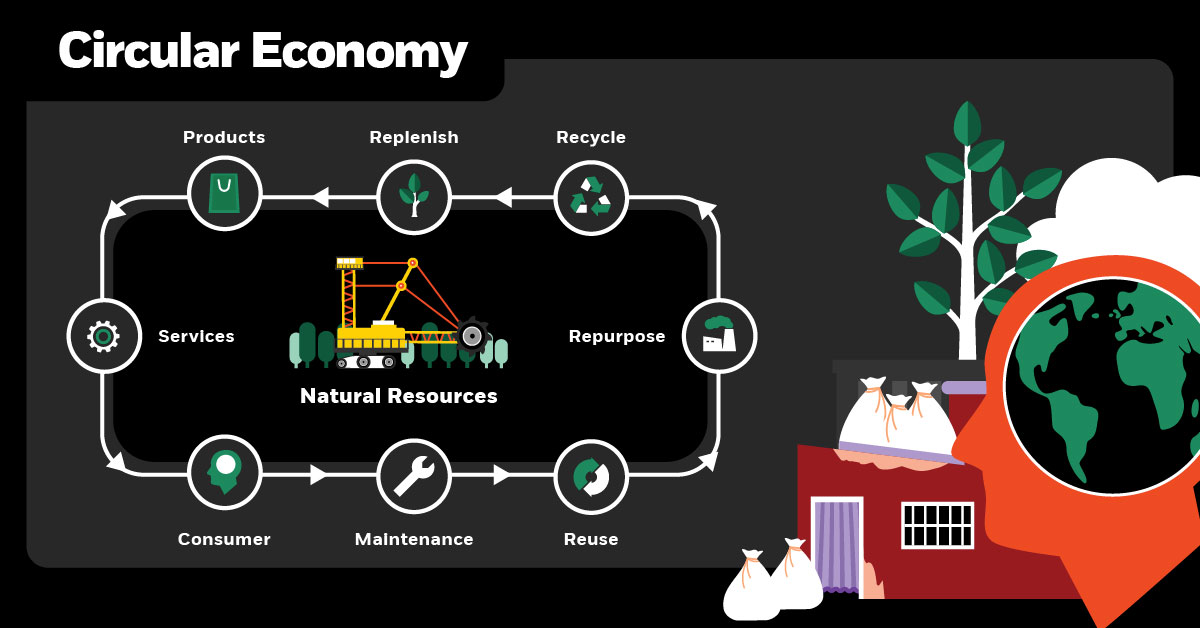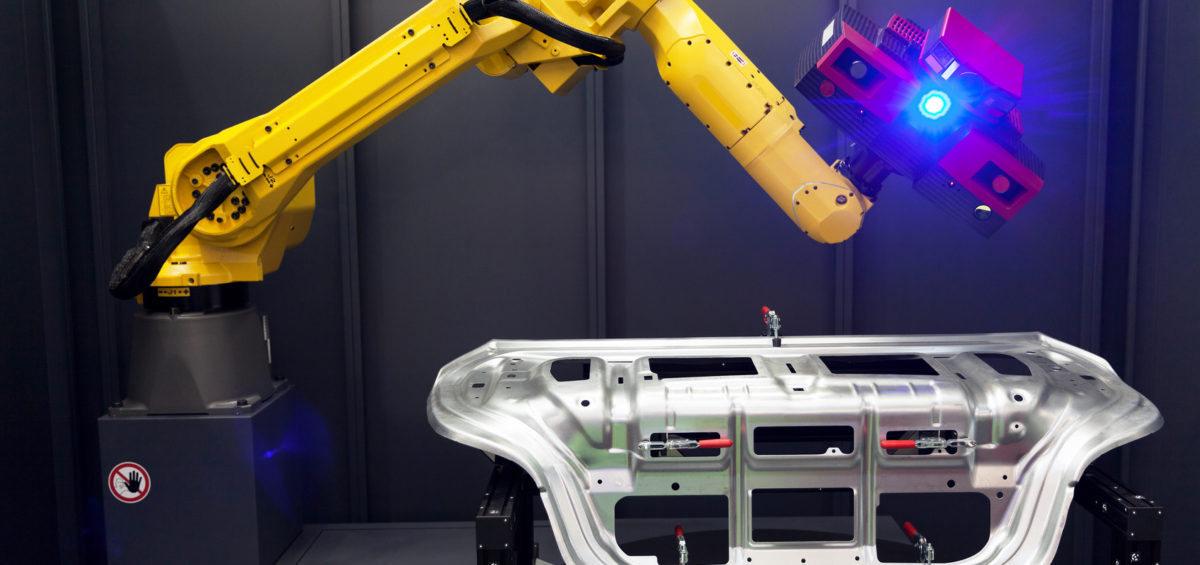How often do we step back from our daily lives to think about where the products we use and consume come from and how they’re made? If you’re like most people in the developed world, the answer is “almost never.”
You should think about it, though, for several reasons. A fundamental and encompassing reason to give more thought to what you consume is whether you got it through an ethical supply chain.
Chances are you don’t get most of what you consume by way of ethical supply chains. Realizing this should encourage you to take some personal responsibility. Let’s find out more.
What Is an Ethical Supply Chain?
The purpose of a supply chain is to “distribute a specific product to the final buyer.” This network includes different activities, people, entities, information, and resources.

The term “supply chain” also describes all that is directly involved in taking a product from raw materials to its consumer’s hands. It involves stages like:
- Manufacturing
- Packaging
- Distribution
- Shipping
- Delivery (to a store or the consumer’s home)
But aren’t these normal production processes? What does ethics have to do with it?
Ethics are the moral principles guiding someone’s behavior and actions regarding right and wrong. We can’t simply ignore what goes on at various supply chain stages.
We could be benefiting needlessly from other people’s hardships or environmental destruction without even knowing. Alternately, we could be harmed by products others produced carelessly, perhaps due to circumstances beyond their control.
Why Has an Ethical Supply Chain Become a Concern?
As business and manufacturing grow more digitized, supply chains rely more on new technologies. These have enabled sourcing and production processes to occur ever farther from where the products will be consumed.

Even though many executives espouse a belief in responsible supply chain management, they come up short. They should enforce those beliefs through routine observation and assessment.
Meanwhile, more informed and activist consumers express concern about every aspect of the supply chain. These range from soil conditions at the source to labor conditions overseas to faulty delivery practices closer to home.
Five Benefits of an Ethical Supply Chain
Cynics in the business world might say that supply chains are the concern of the various companies that comprise them. Or, they might say the movement toward ethical supply chains is only to placate activist consumers and politicians.
The following list offers a sample of progressively implementable and self-sustaining supply chain practices. These could remedy many global injustices — including injustice toward one another from the harm we’re doing to our planet.
1. Environmental Protection and Awareness
Many environmental advocacy groups have already brought positive change. They’ve taken actions such as product boycotts, letter campaigns, and pressure on legislators.

Once there is enough support and influence behind these campaigns, change can begin. Today, when you receive a shipment, the padding might be shredded paper and corrugated cardboard instead of styrofoam.
There are far fewer junkyards today. Auto manufacturers are deliberately making and using recyclable parts. And the pandemic has shown us how clean the air can be. Plant and animal life, too, can be abundant without all the fossil fuel burned in people’s daily commutes.
2. The Circular Economy of the Near Future
Although many of these efforts are sporadic, some even coincidental, they evidence what hopefully will become a habit. The goal of circular business practices is to use all materials throughout an ethical supply chain to be reused or recycled.

It goes beyond this, though. In the near future, it’s expected that products will be designed to last longer and better suited for recycling. Also, the economy will move more toward peer-to-peer services for hire like Uber and Airbnb.
3. Clean, Safe, and Decently Compensated Working Conditions
These concerns have traditionally been thought of as problems in the developing world (and they still are). More developed nations have turned our heads in the interest of the low-priced goods we get due to the exploitation elsewhere.

Perhaps those living in more privileged social structures have gotten a small taste of this concern. Nonetheless, some employers have failed to protect their employees adequately from contagion.
4. Better Conditions at Home and Abroad
Connected to the previous item, it seems that there is a need for greater transparency throughout the supply chain. Doing so would allow and encourage government, private citizens, and the companies involved to keep a closer eye on production and distribution channels.

A 2015 Nielsen report shows that younger generations, Millennials and Gen Z, are willing to pay higher prices for sustainably produced products, whether economically, humanely, or environmentally.
5. Improved Product Quality
The preceding four items all speak to a move toward product quality standards and expectations. While these are ethical issues, they are also ones likely to please consumers. Low-quality products made by people working in unsafe conditions hurt everyone involved.

Quality clothing manufacturers (many online boutique operations) are doing well. And popular and responsibly sourced supermarkets like Trader Joe’s show that this trend is not a fad. It’s evidence of an ethical sourcing supply chain becoming the norm.
Ethical issues in production and supply chain management are abundant. This is despite widespread awareness and individual groups’ actions. Could it be because people become focused on personal concerns and seldom look beyond these?
Take Ownership of What You Consume
Many older people grew up in a wasteful, polluting, and inhumane society — from which they and those close to them benefited. Younger generations have seen many problems in their comparatively short lifetimes. and worry about what the future holds.

These generations have already produced leaders whose goals and ambitions could be sidetracked indefinitely. If they want change, they and other responsible citizens need to “live the change” they want to see.
A lot of people and corporations tap the planet’s resources, defeating the goals of an ethical supply chain. If we don’t do this more responsibly, there will be fewer and fewer resources.
Our company is already on top of the ethical supply chain issues. And with our 25 offices in three countries, we should be making some significant gains. Explore our website for more information.



